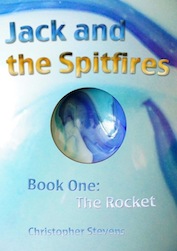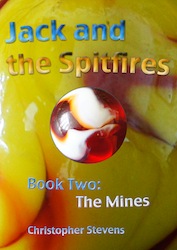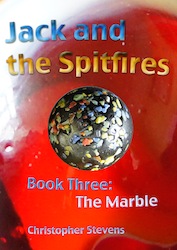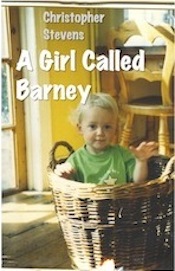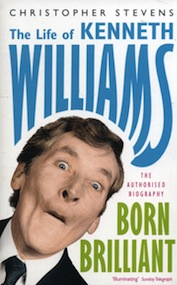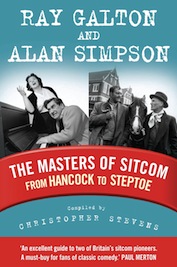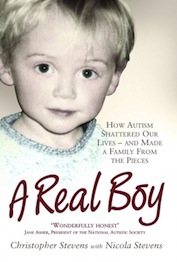Sweet bleep-bleep: why it's wrong to censor a song
14/03/12 19:15 Filed in: General
In a coffee shop this afternoon I heard John Martyn's beautiful, yearning song of homesickness, Over The Hill, from the gorgeous Solid Air album.
Halfway through, the music faltered, just for a beat: the lyric had been bleeped out. Martyn was part Cockney and part Glaswegian, and he could curse as fluently as any man who ever lived, but it wasn't foul language that was being censored – it was a drug reference. "Can't get enough of sweet cocaine, can't get enough of Mary-Jane," he sings, and that's probably two drug references, though only the first attracted the censor's prim scalpel.
I saw John Martyn play twice, once in the early Eighties when he was sublime and again in the late Nineties when he was a shambling wreck. Before he died in 2009 from a life of drug abuse and hard drinking, he had already lost a leg to health problems rooted in his chronic alcoholism.
It is ludicrous and self-defeating to create an image of John Martyn as a songwriter whose music was not deeply affected by drugs, both legal and illegal. If the censor's aim is to deter listeners from using narcotics, it must be better to present him simply as he was, with his fatal imperfections. Censorship doesn't change the facts, it just masks the dangers.
Halfway through, the music faltered, just for a beat: the lyric had been bleeped out. Martyn was part Cockney and part Glaswegian, and he could curse as fluently as any man who ever lived, but it wasn't foul language that was being censored – it was a drug reference. "Can't get enough of sweet cocaine, can't get enough of Mary-Jane," he sings, and that's probably two drug references, though only the first attracted the censor's prim scalpel.
I saw John Martyn play twice, once in the early Eighties when he was sublime and again in the late Nineties when he was a shambling wreck. Before he died in 2009 from a life of drug abuse and hard drinking, he had already lost a leg to health problems rooted in his chronic alcoholism.
It is ludicrous and self-defeating to create an image of John Martyn as a songwriter whose music was not deeply affected by drugs, both legal and illegal. If the censor's aim is to deter listeners from using narcotics, it must be better to present him simply as he was, with his fatal imperfections. Censorship doesn't change the facts, it just masks the dangers.
